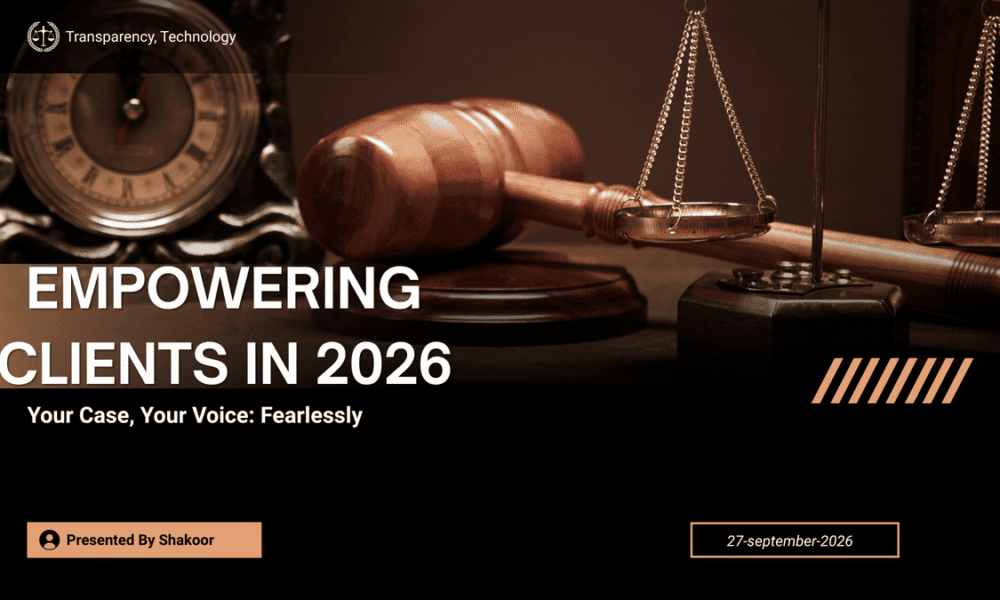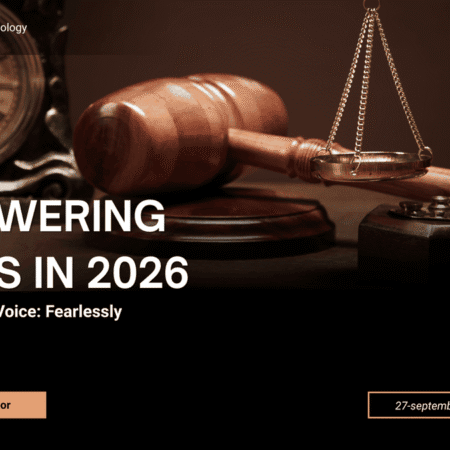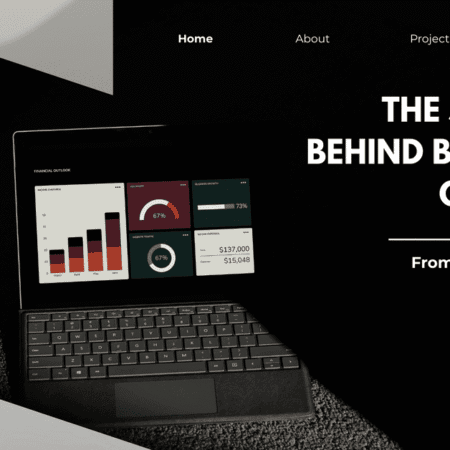Empowering Clients is reshaping the practice of law in 2026 to a profound extent. The days when clients were merely stand-by witnesses, passively receiving instructions from their lawyers, are gone. Today, client empowerment is the central agenda—ensuring clients feel seen, heard, and directly involved in their own legal processes. This shift becomes clearer when viewed through the lens of a bespoke blog approach, which emphasizes tailored communication, transparency, and meaningful collaboration.
Empowering Clients: The Shift Toward Greater Involvement
Historically, the law was often typified by command-and-control structures where lawyers dictated the process and clients acquiesced. While expertise remains necessary, today’s client does not simply want technical knowledge of the law—today’s client wants agency. In 2026, client empowerment means seeing the client’s unique situation, preferences, and goals. A tailored blog strategy allows each interaction to be focused around the individual, not command-level communication.
Law firms are beginning to think about client relationships as partnerships. This way, they foster trust, improve satisfaction, and eventually, improve outcomes. Engaged clients are more likely to take an active role in strategy discussions, understand risks, and make decisions, all of which can drastically change the trajectory of a case.
Empowering Clients Through Technology and Expanded Voices
Technology is perhaps the most significant driver of this empowerment. Computers, artificial intelligence-based case management software, and client-poll portals with encryption allow attorneys to provide real-time updates and access to documents, rendering the law far more transparent than ever before.
A tailored blog strategy uses these tools not just to streamline, but also to enhance client experience. Clients, for example, can access a portal to see updates, ask questions directly, or see tailor-made recommendations without the need to wait for a timed meeting. AI can scan case data and offer insights and present them, leaving lawyers to be able to focus on strategic advice and individual attention.
This technological integration helps not leave the client in the dark. Rather, they are brought in as active collaborators, working with lawyers on strategy and having insight into their case’s subtleties.
Empowering Clients by Humanizing Legal Services
Technology is important, but the human touch cannot be replaced. Legal issues are stressful by nature, and clients want empathy and comprehension from their lawyers. A blog methodology that is personalized puts a spotlight on humanizing interactions.
This entails attorneys taking time to listen, to speak plainly and simply, and to address clients’ emotional and legal requirements. By treating every case as a unique tale rather than a transaction, practices build stronger relationships with clients. These build trust, increase client satisfaction, and are apt to result in better legal outcomes.
Transparency as a Foundation
Empowering Clients begins with transparency. Clients in 2026 no longer accept obscure timelines or hidden fees. Law firms that embrace a personalized blog approach understand the importance of clarity in communication, costs, and expectations.
Empowering Clients also means adopting transparent practices such as full case reporting, clear explanations of legal strategies, and proactive discussions about potential outcomes. When clients are fully informed about the process, they gain confidence in decision-making and are less likely to feel anxiety or frustration.
Client-Centered Strategies
Other than communication, empowerment in 2026 also extends to strategy. Lawyers now involve clients in goal setting, consideration of options, and setting priorities. This client-centered approach ensures legal solutions are not only legal but also aligned with the client’s career and personal objectives.
As a matter of instance, a client-focused personalizedblog may have interactive sections where clients set priorities for outcomes, establish milestones, and provide feedback on recommended strategy. Involving client preferences in decision-making fosters ownership and accountability by law firms.
Mental Well-Being and Legal Empowerment
Legal battles are naturally stressful, and in 2026, businesses increasingly acknowledge the correlation between customer empowerment and mental well-being. A customizedblog perspective places in the spotlight uplifting processes like frequent check-ins, open progress updates, and access to working through emotional distress.
By creating a culture through which clients have access to information and support, lawyers not only improve the client experience but also facilitate enhanced engagement and more reflective decision-making. Empowered clients in this manner deal with problems more calmly and are better positioned to work co-operatively with their legal teams.
The Role of AI and Human Advocacy
Artificial intelligence improves in ability but is most potent when paired with human advocacy. A customized blog approach marries AI productivity with human judgment. AI may sort through papers, scan precedents, and spit out results rapidly, but empathy, negotiation, and ethics belong to seasoned attorneys.
This combination ensures that clients benefit from the best of both worlds—precision and speed via technology, combined with nuanced guidance and support from attorneys.
Access to Justice: A 2026 Perspective
Empowerment is not reserved for high-profile clients or businesses; it is also the solution to wide availability of justice. In 2026, customized approaches are helping businesses develop accessible services by offering remote consultations, multilingual content, and adaptable communication tools. These technologies make it possible for diverse clients to feel comfortable with the legal process and understand it with openness.
Conclusion: The Future of Law is Empowered Clients
In 2026, the credo “Your Case, Your Voice” is not just a slogan—it’s a way of life. A customizedblog model empowers clients by leveraging openness, technology, people skills, and strategic engagement.
Lawyers who adopt this model build relationships instead of deals. Clients become more confident, informed, and in control, which means improved results, deeper relationships, and a more trusted system.
Empowerment isn’t the law’s future—it is now. Every client has the right to be heard, understood, and actively engaged in their matter. It is, after all, their matter, and in 2026, their voice matters more than ever.








No Comment! Be the first one.